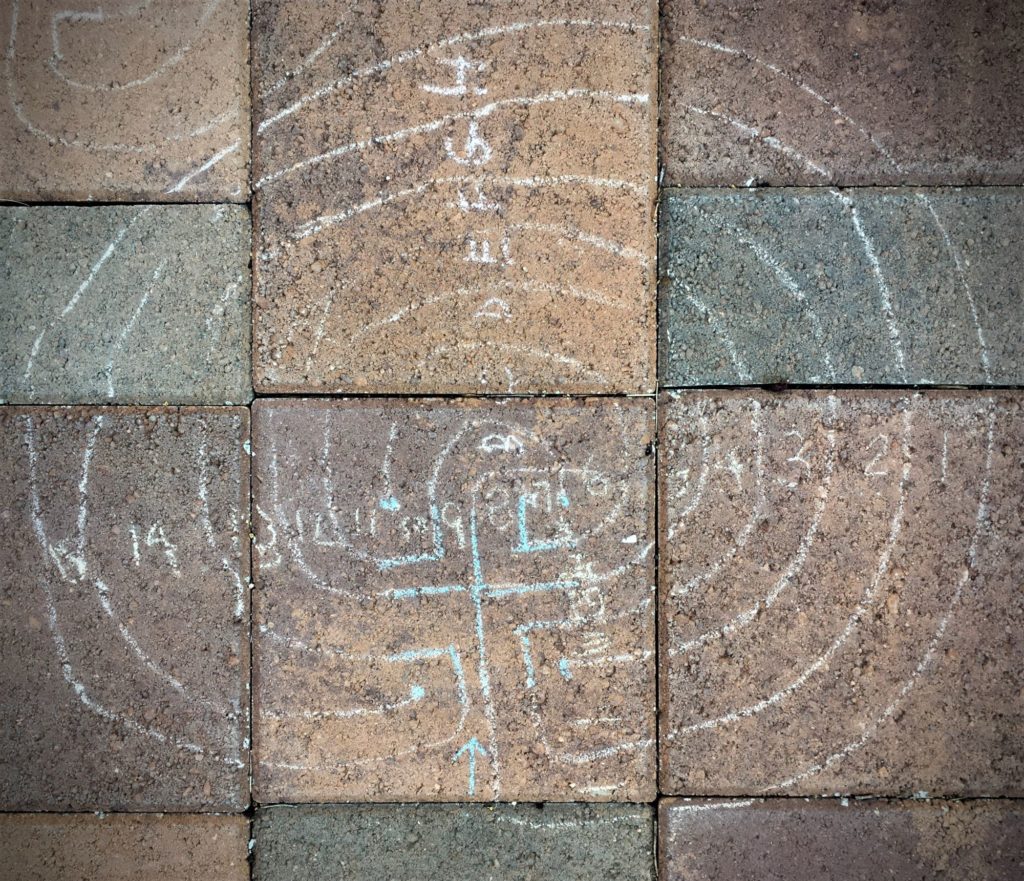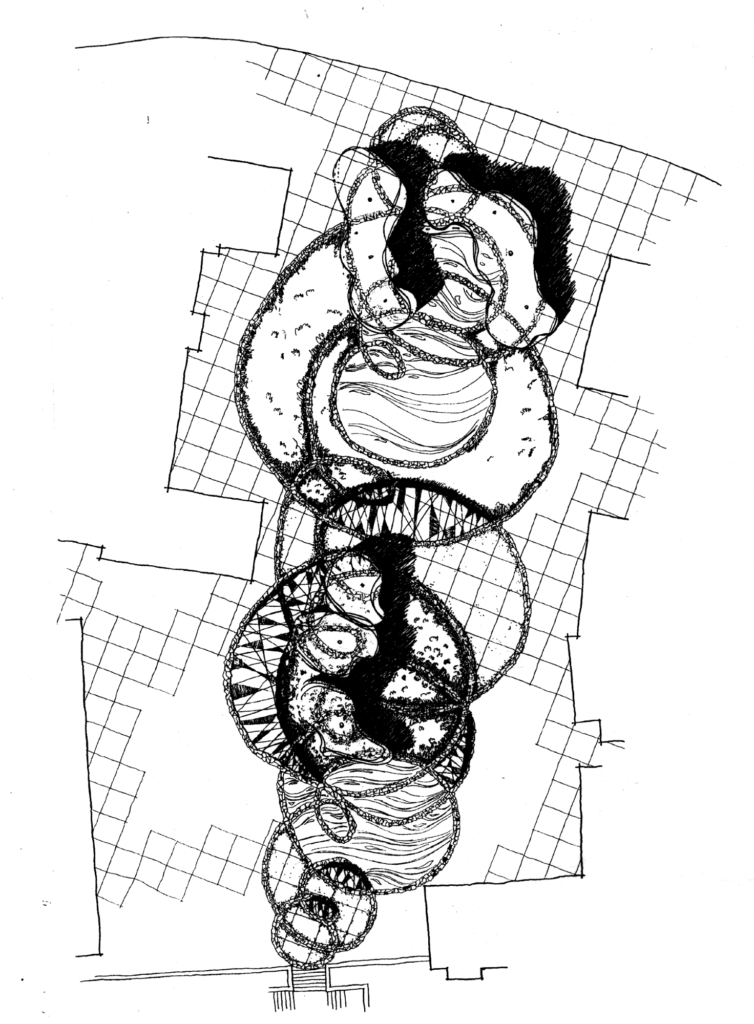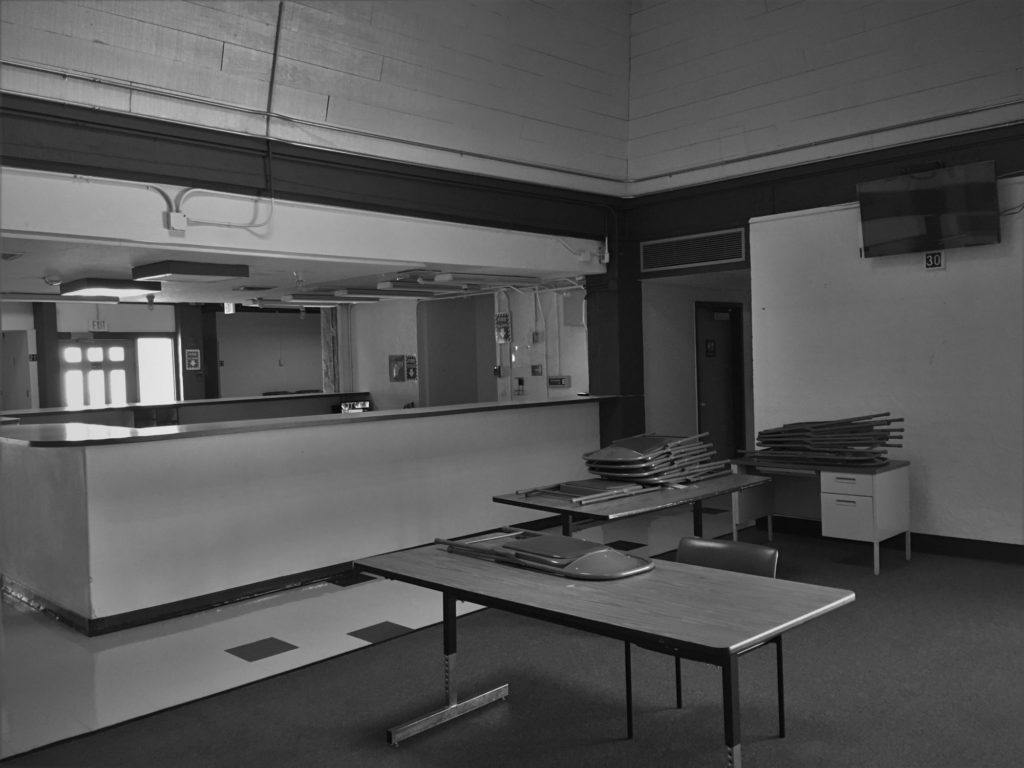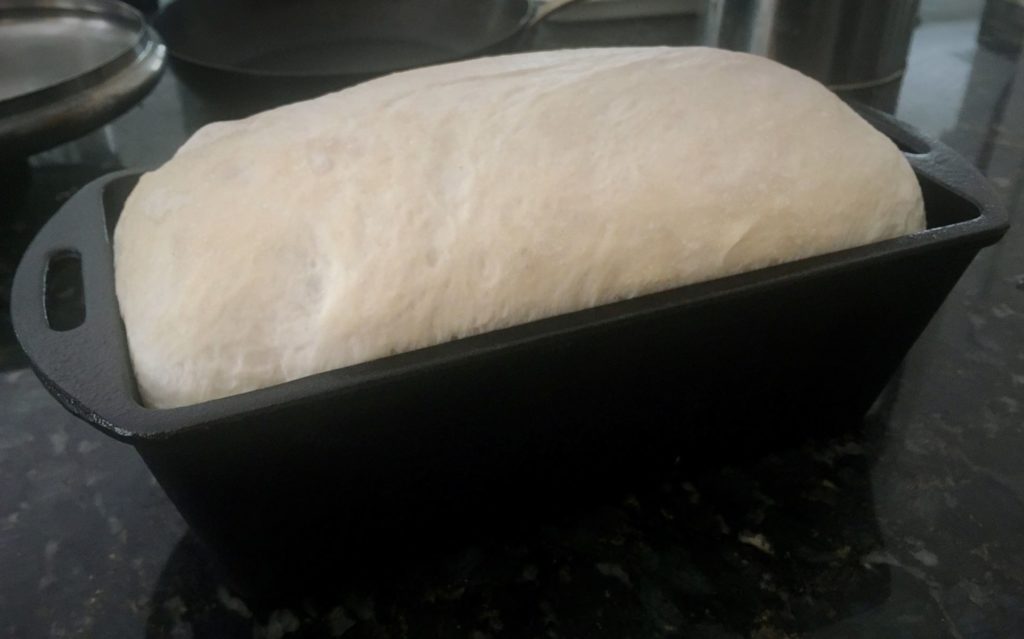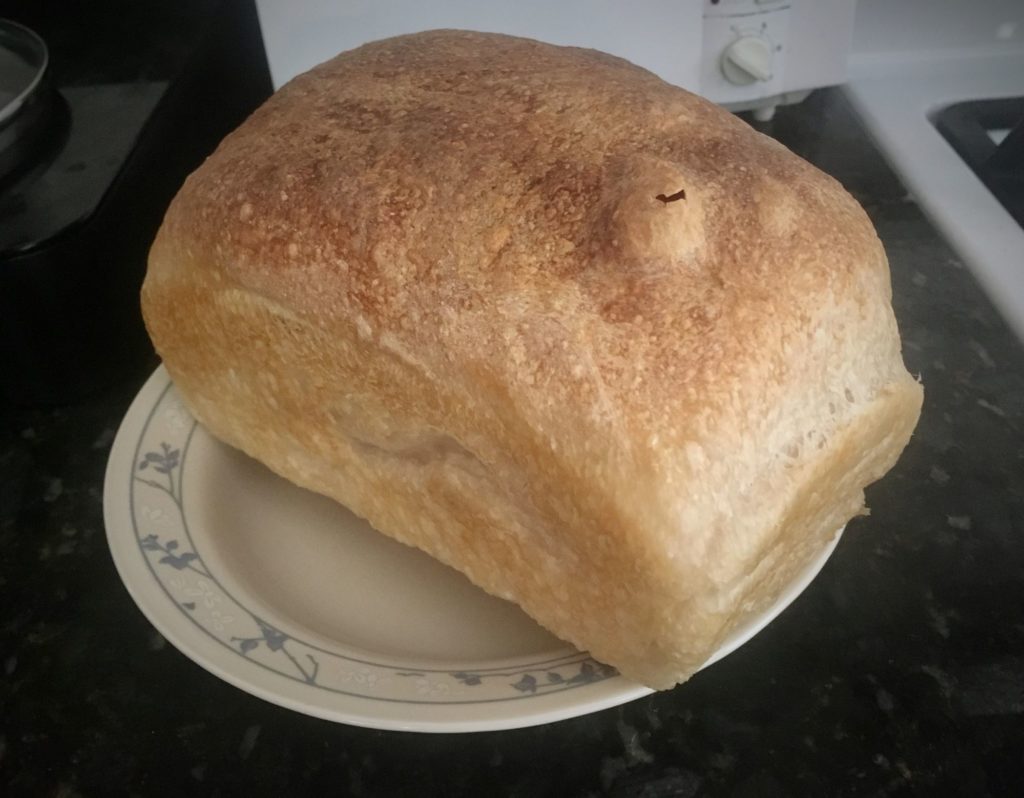Moderate at council should a man be,
Not brutal and over bearing;
Among the bold the bully will find
Others as bold as he.
Thank you for reading. Please subscribe if you’d like the next letter in your inbox.
~
(notes on) The Hávamál
In this polarized moment, it is easy to forget that we share more than we diverge. Each individual is unique, but we are all human, and functioning societies have evolved to rhyme with each other.
Proverbs blend the universal with the specific. These sayings give us a glimpse of the humanity of those outside our tribe, separated by distance and time.
Recently, a friend shared some quotes from the Havamal on social media. The memes didn’t fit my mental stereotype of hard-charging, harder-drinking Vikings. Intrigued, I dug up a translation by W. H. Auden. The Havamal was indeed a delightful compilation of such proverbs, akin to the wisdom books in the Bible.
Given my love of aphorisms, I was particularly drawn to the first half – a mix of world-weary proverbs advising honor, caution, cynicism, and practical wisdom. The second half changes in tone and holds a visionary power, especially the passage of Odin sacrificing himself to himself.
To be fair, it isn’t all roses; a couple of passages are demeaning towards women. However we are not slaves to the ancients, and these sayings can be recast as relevant as gender-neutral warnings to be wary of our own urges.
As our society becomes more secular, we risk identifying ourselves too tightly with our professions. We see ourselves as vessels of our income-generating activities. Even worse, we might view others in light of their utilitarian offerings.
These proverbs remind us that each person is a tapestry far more richer than a canned response to “what do you do?”
In my three years as an Owner Project Manager, I have been constantly reminded this is a relationship profession. The final goal is an edifice of glass, steel, and concrete, but the art is in working with people who carry their own hopes, dreams, and fears.
At our best, an OPM should push this temporary tribe towards excellence in moment, leading them towards greater opportunities in the next project.
A kind word need not cost much,
The price of praise can be cheap;
With half a loaf and an empty cup
I found myself a friend.
~
One Question
What are are the references of wisdom in your life?
To ask well, to answer rightly,
Are the marks of a wise man:
Men must speak of men’s deeds,
What happens may not be hidden.
Hit reply and let’s chat!
~
Three Links
Peter Hayashida wrote a lovely meditation his career and life in general as he was wrapping up his work at UC Riverside.
Writer CJ Chilvers has a post of Personal Publishing Principles. Each of us should do create a similar manifesto for our work.
The Voyager satellites included a golden record of sounds from earth. It is also posted on youtube.
… and a photo.

My son spent an afternoon building up and knocking down walls of these tiles. My grandparents gave me this Mahjong set twenty-five years ago.
~
Thanks for reading the OPM letter! I’d love to have a conversation if you have any feedback. I hope you found some prompts to stretch your craft and relationships as a curious Owner PM. See you next week!
Stay humble, be kind, and keep experimenting!
Justus Pang, RA
